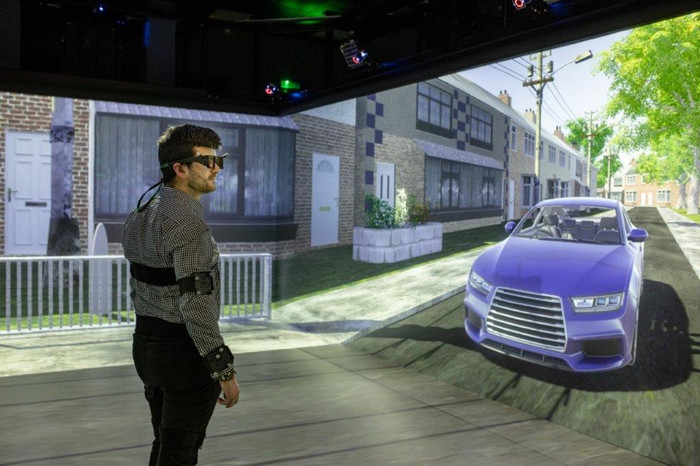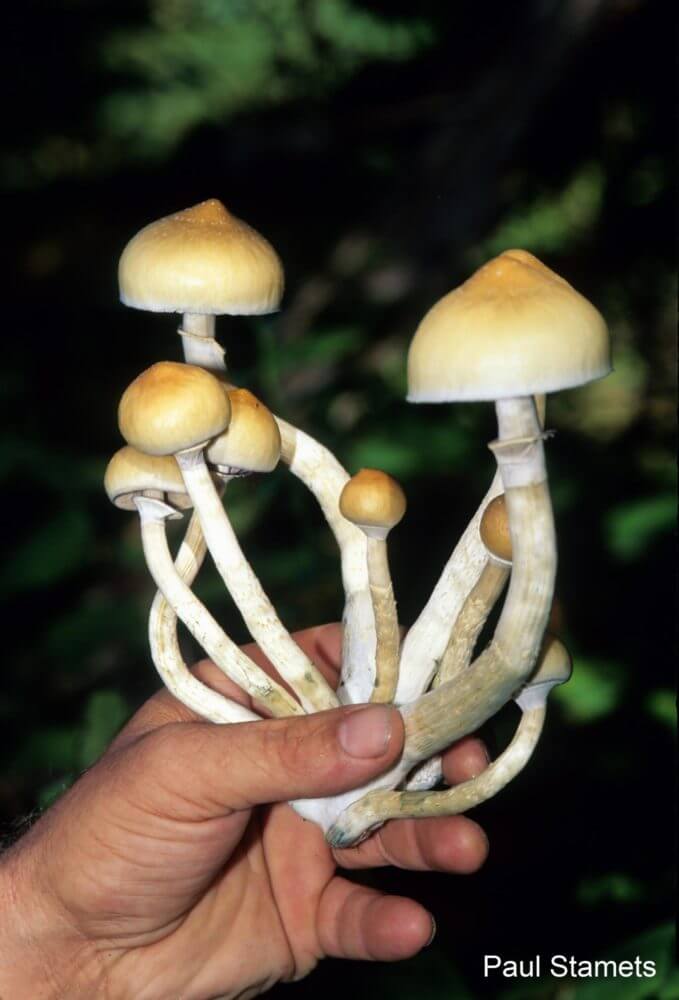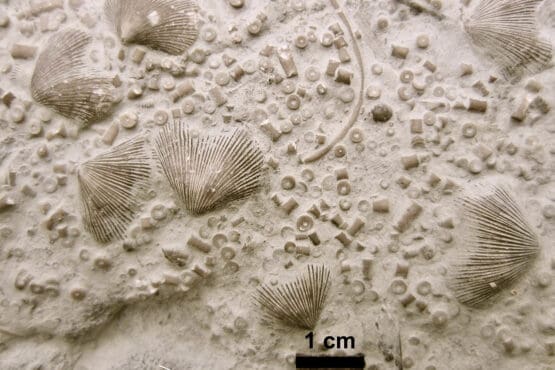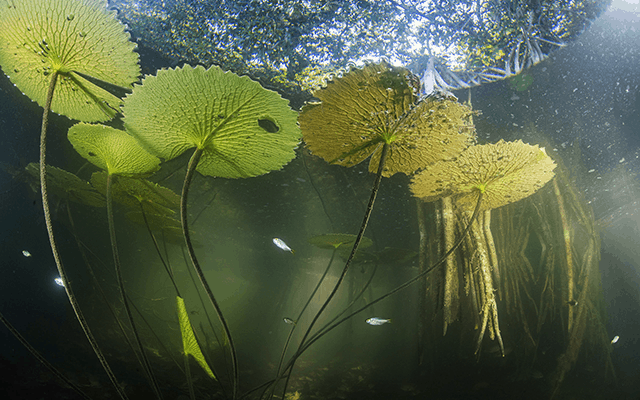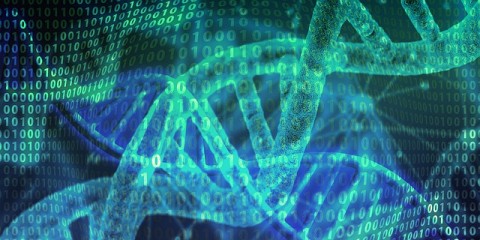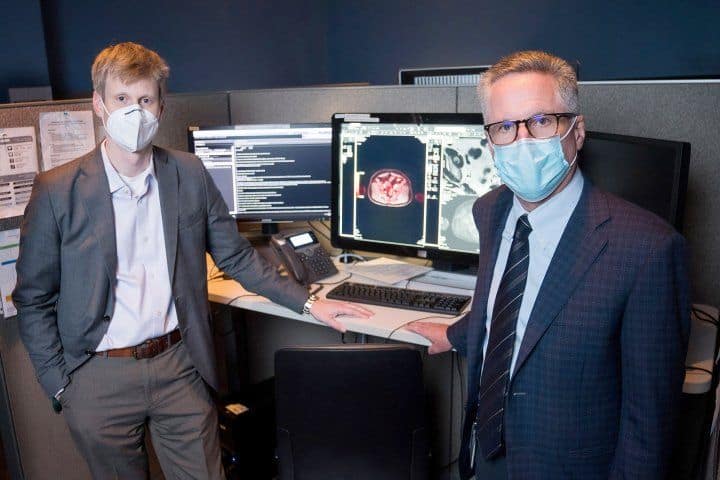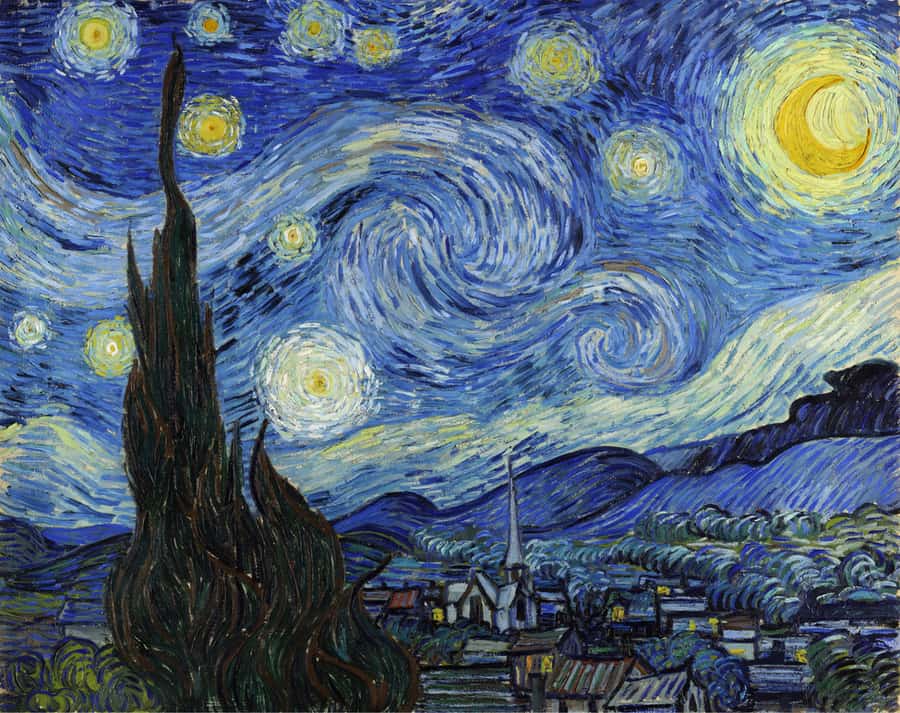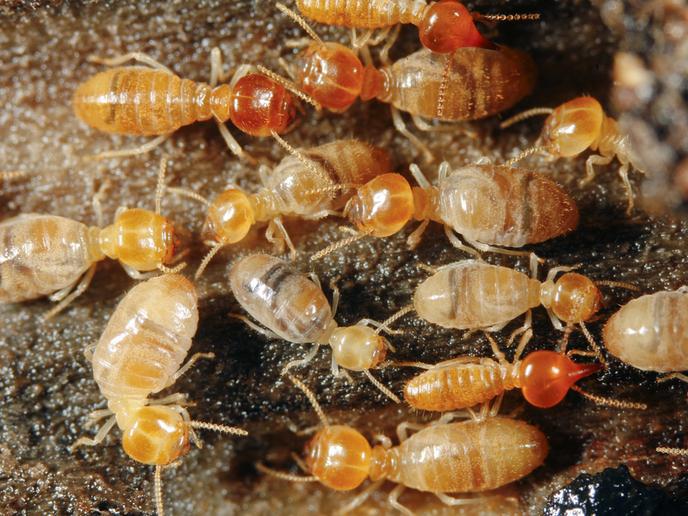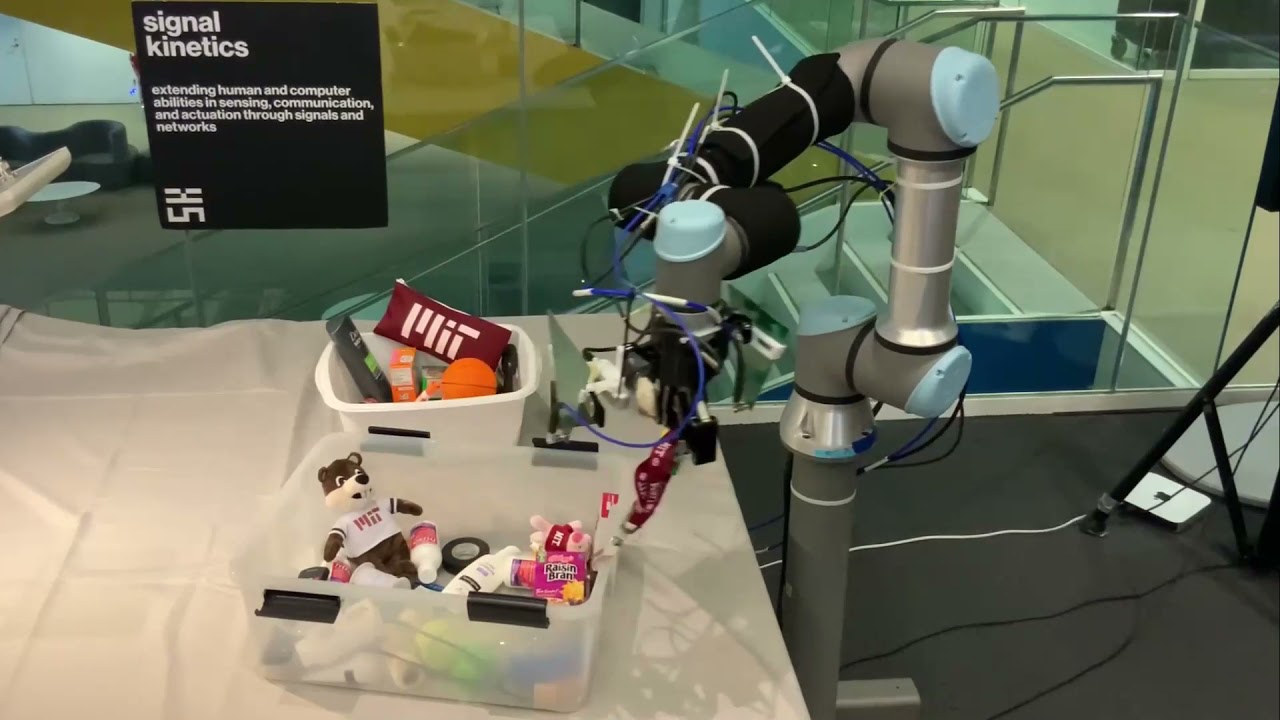Automated vehicles could be made more pedestrian-friendly thanks to new research which could help them predict when people will cross the road. University of Leeds-led scientists investigating how to better understand human behaviour in traffic say that neuroscientific theories of how the brain makes decisions can be used in automated vehicle technology to improve safety and make […]
Read More